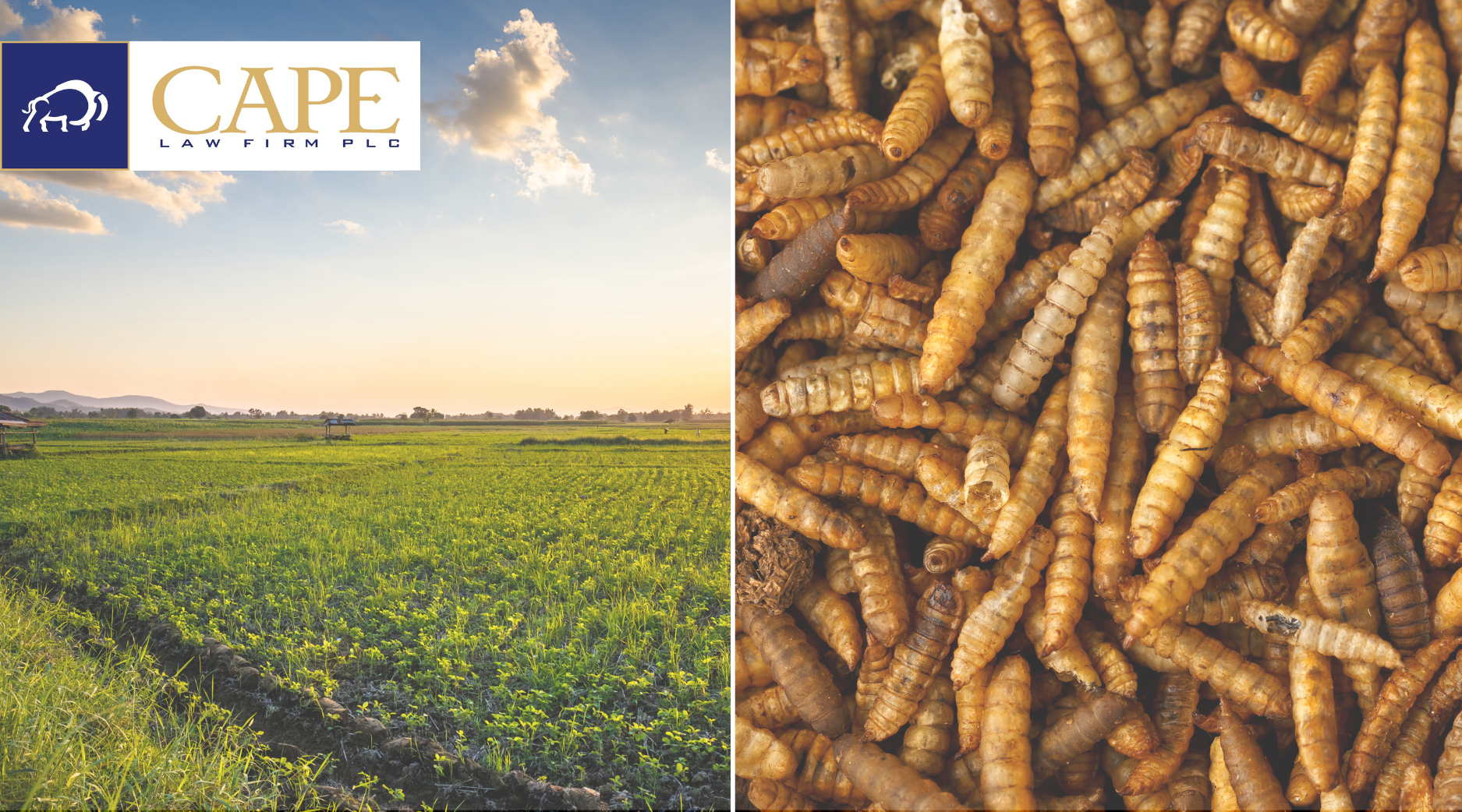American Farmland Trust (AFT), a non-profit organization founded in 1980 to preserve U.S. farmland, recently launched an ambitious “U.S. Farmed” certification program to certify farm products and value-added products grown on an American farm. The program utilizes a traceability standard for tracing ingredients back to the farms where they were produced. Companies that meet the standard and demonstrate that at least 95% by weight of the inputs in the farm or value-added product was farmed in the U.S. may include the “American Farmland Trust U.S. Farmed Certified” seal (i.e., certification mark) on their product branding. Anheuser-Busch became the first company to adopt the U.S. Farmed certification mark for their Busch Lite, Budweiser, Bud Light, and Michelob Ultra brands.
|
|
The mark will allow consumers to identify products made with at least 95% U.S. sourced farm products. Proceeds will be used to support farms with succession planning and land preservation tools. You can read more here.
Is There Such A Thing As Too Much Bt Corn?
Yes, apparently. According to a recent study analyzing 12 years of field trials over 10 Corn Belt states, researchers from 12 universities determined that there are negative consequences from overuse of Bt corn to combat rootworm, one of the most economically damaging pests in corn production. In the Western Corn Belt, the development of Bt resistance in rootworm has been increasing and consequently reducing the effectiveness of the Bt traits. However, in the Eastern Corn Belt, Bt has been so effective in controlling rootworm populations that planting Bt corn isn’t providing much benefit anymore. There, farmers are losing profits by paying for technology that doesn’t result in a net positive return. Christina Difonzo, a co-author of the study and professor at Michigan State University, suggested that instead of bundling multiple traits into hybrids, some of which aren’t needed, farmers would benefit from having the ability to pick and choose among the traits for their region and practices.
You can read more about the study here.
Cape Law Firm’s Frequently (or Randomly Asked Questions
“What is a Certification Mark?”
A certification mark is a particular species of trademark that is used to show to consumers that goods or services have met certain standards or qualifications that are set by a verifying organization. Unlike a regular trademark, which indicates the source of a product or service, a certification mark indicates that the product or service has been certified for quality, origin, material, mode of manufacture, or other specific characteristics. The owner of a certification mark does not use it themselves; rather, they allow others to use the mark if the product or service meets the standards the mark represents. There are several agriculturally-related certification marks, such as “USDA Organic”, “Idaho Potatoes”, and “Hatch” for green chiles.





